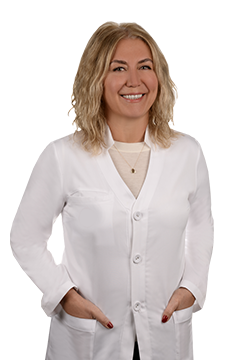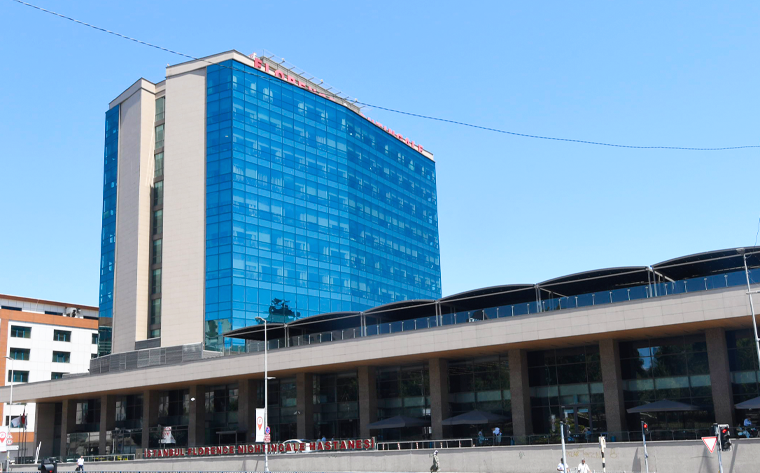
What is the Pediatric Heart Health and Surgery Center?
The Children's Heart Health and Surgery Center is a special health unit where children's congenital or acquired heart diseases are diagnosed, treated and surgically treated. This center is designed to protect children's heart health, diagnose existing problems early and apply the most appropriate treatment methods. With a multidisciplinary approach, cardiologists, cardiovascular surgeons, anesthesiologists and other health professionals work together for the health of children's patients.
About the Children's Heart Health and Surgery Center
The Children's Heart Health and Surgery Center serves a wide range of patients, from newborns to young adults. The center has doctors, nurses and technicians who specialize in children's heart health. The center takes a special approach to children and plans the treatment process by considering their physical, emotional and psychological needs.
What is done at the Pediatric Heart Health and Surgery Center?
The Children's Heart and Surgery Center offers a range of medical services to evaluate children's heart health and identify and treat existing heart problems. These services include heart exams, imaging techniques such as electrocardiograms (ECGs) and echocardiograms, and surgical interventions such as cardiac catheterization and open-heart surgery.
What are the procedures and examinations performed at the Children's Heart Health and Surgery Center?
The procedures and examinations performed at the Children's Heart Health and Surgery Center are usually performed to correct congenital heart defects in children. Such congenital heart defects can prevent blood from pumping or flowing properly and may require surgical intervention to prevent serious complications. Procedures performed may be performed with open heart surgery or minimally invasive techniques, depending on the location and severity of the problem.
In addition, other cardiovascular procedures such as blood transfusions can be performed at this center. This procedure may be necessary to replace blood loss after surgery or injury, or to provide healthy blood for patients with blood disorders, anemia, cancer, or liver or kidney problems.
- Open Heart Surgery: Surgical interventions performed on heart valves or vessels, in which the chest is opened.
- Minimally Invasive Surgical Techniques: These are surgeries performed with smaller incisions and the recovery time is generally shorter.
- Blood Transfusion: It is a procedure performed to replace blood loss after surgery or to treat some blood diseases.
- Electrocardiogram (ECG): Used to evaluate the heart rhythm and electrical activity.
- Echocardiography: Sound waves are used to examine heart structure and functions.
- Cardiac Catheterization: A minimally invasive procedure to examine the vessels and pressure in the heart.
These procedures are vital to maintaining a child's heart health and preventing future complications.
What are the diseases treated at the Children's Heart Health and Surgery Center?
The diseases treated at the Children's Heart Health and Surgery Center are generally congenital or acquired heart diseases in children. The main diseases treated at this center are:
Congenital Heart Diseases (Congenital Heart Defects):- Atrial Septal Defect (ASD): A condition in which there is an abnormal opening between the upper chambers of the heart.
- Ventricular Septal Defect (VSD): A condition in which there is an abnormal opening between the lower chambers of the heart.
- Tetralogy of Fallot: A complex congenital heart disease involving four different heart anomalies.
- Patent Ductus Arteriosus (PDA): The vascular opening that should close after birth remains open.
- Transposition: The condition in which the main vessels originating from the heart are reversed.
- Aortic Valve Stenosis: Narrowing of the aortic valve makes it harder for the heart to pump blood.
- Mitral Valve Insufficiency: A condition in which blood leaks back due to the mitral valve not closing properly.
- Tricuspid Valve Atresia: Absence or narrowing of the tricuspid valve.
- Supraventricular Tachycardia (SVT): A condition that causes the heart to beat abnormally fast.
- Atrial Fibrillation: A condition in which the heart beats irregularly and rapidly.
Heart failure:
Conditions where the heart cannot pump enough blood to the body. In children, it can usually occur as a result of congenital heart diseases.
Cardiomyopathy:
A condition in which the heart muscle becomes abnormally thick or weak. This disease can affect the function of the heart and, over time, lead to heart failure.
Heart Tumors:
Benign or malignant tumors that form in the heart. These tumors can affect the functioning of the heart and may require surgical intervention.
In this center, the aim is to help children live a healthy life by providing diagnosis, treatment and management of these and similar heart diseases seen in children.
What Health Technologies Are Used in the Pediatric Heart Health and Surgery Center?
The center uses advanced health technologies to best evaluate and treat children's heart health.
These technologies include:- 3D Echocardiography: Provides three-dimensional images of the heart, allowing for more precise diagnosis and treatment.
- MRI and CT Scanners: Used for detailed imaging of the heart and vascular structures.
- Cardiac Catheterization Laboratories: Provides the ability to perform minimally invasive cardiac procedures.
- Robotic Surgery Systems: Allow complex heart surgeries to be performed with less invasive methods.
When Should You Contact the Children's Heart Health and Surgery Center?
If you notice symptoms such as shortness of breath, fainting, chest pain, bruising, irregular heart rhythm, or poor weight gain in your child, it is important to contact the Children's Heart Health and Surgery Center. In addition, children diagnosed with congenital heart disease or those with a family history of heart disease should be followed up regularly at this center.
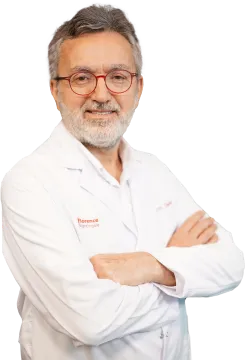
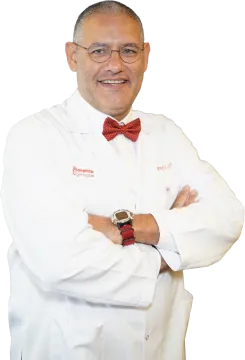
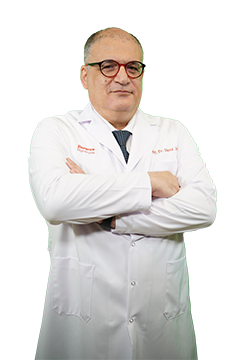
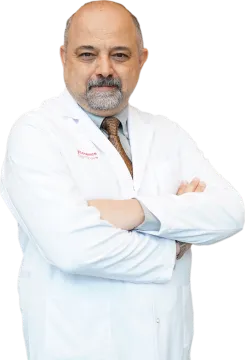
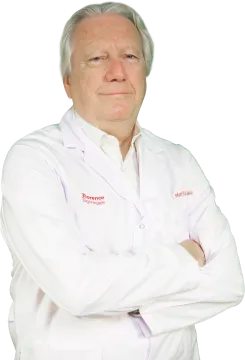
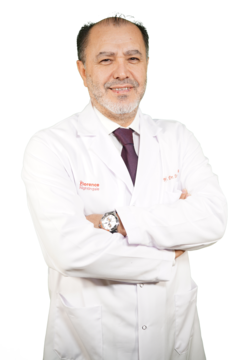.webp?lang=tr-TR&ext=.webp)
